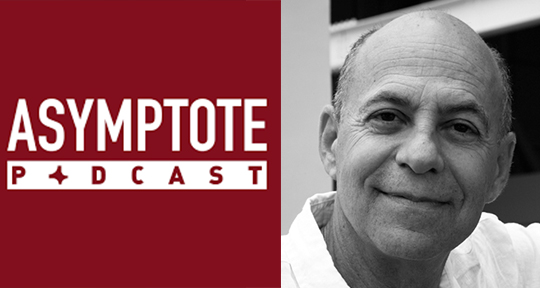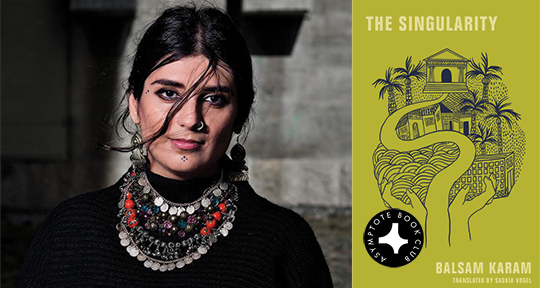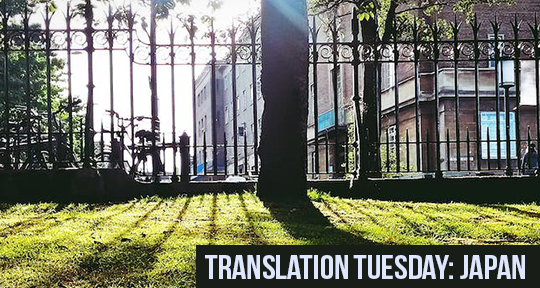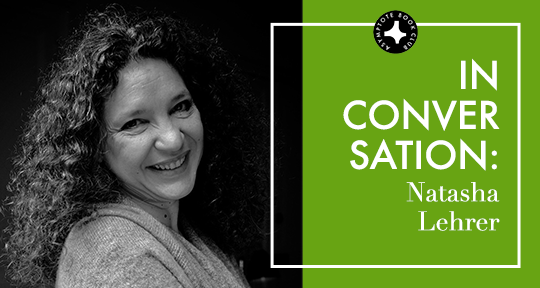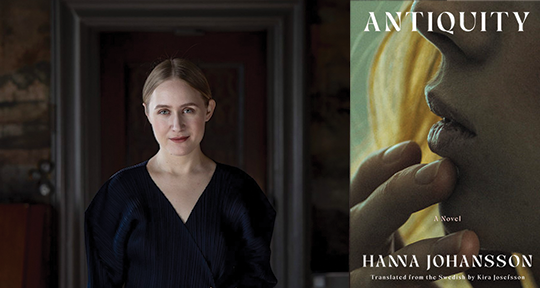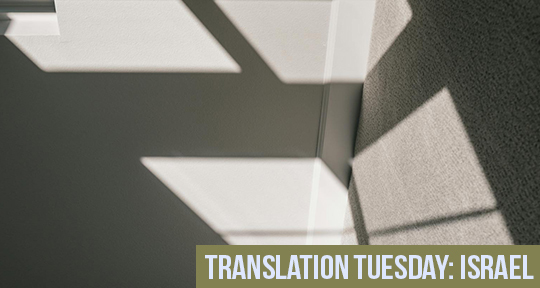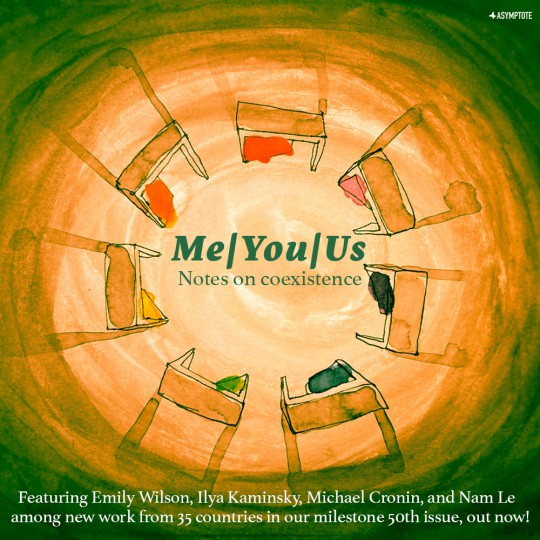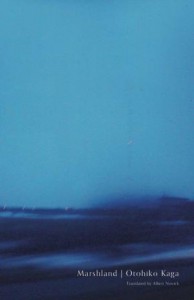We’re in sunny rural Asturias on the northern tip of Spain this Translation Tuesday, courtesy of Laura Marcos, where a happy afternoon with pals is starting to drag on. It really has been nice, but David has to go. He makes his excuses, bats away the protests of his mates, and hurries home in quiet relief. The lie that David offers his mates is unconvincing, but the truth, the real reason he must leave so abruptly, is scarcely believable.
Marcos’s characters chatter, banter, spar, and deflect; their speech has been translated from the Asturian by Robin Munby into a kinetic, quipping English with a marked Scouse inflection. He explains:
“One of the great pleasures in working on this piece was building a textual bridge stretching across the thousand or so kilometres that separate Mieres from my own hometown of Liverpool. […] This is the English I most commonly speak myself, and so it is the form that comes most naturally to me when rendering the kind of informal dialogue present in Laura’s story. Choosing to use it here was also a conscious attempt to forge a textual link, to narrow distances, as well as to reject the universality of supposedly ‘standard’ forms of English.”
The afternoon had passed by in a happy haze of sunshine, laughter and more than a few drops of sidra, but for the last while, David had been shuffling about in his seat, stealing glances at his watch. He was getting restless. As well as his frustration at having to go home so soon, he knew he’d be in for some grief. It was always the same when he made an early exit. The best he could do was to let it all wash over him, try and get through it as quickly as possible without it turning into an argument. Arguments weren’t his thing, even if the others – Frechi especially – seemed to treat them as sport. Without them noticing, David had been gently edging his chair back with his bum so he’d have enough room to stand up. He waited for the opportune moment – one of those slight pauses between conversations – then said:
‘Okay, time for me to head off…’
‘What? We’ve only been here five minutes!’ Frechi shot back.
‘Yeah, yeah, but I’ve got Paula waiting at ours…’
‘Why don’t you call her and tell her to come and join us? We can go and get some food, it’s ages since we’ve seen you,’ said Tamara, Frechi’s girlfriend.
‘I know, it’s just I can’t today. Next weekend, maybe…’
‘I can’t, I can’t. Go on then, why can’t you?’ said Frechi. ‘Give her a call! And if she wants to stay in, no problem, but at least you can stay here. Just for once, try being your own man…’
‘Thing is we’re up at the crack of dawn tomorrow…’ David was standing now, and he was getting tired of having to explain himself.
READ MORE…

